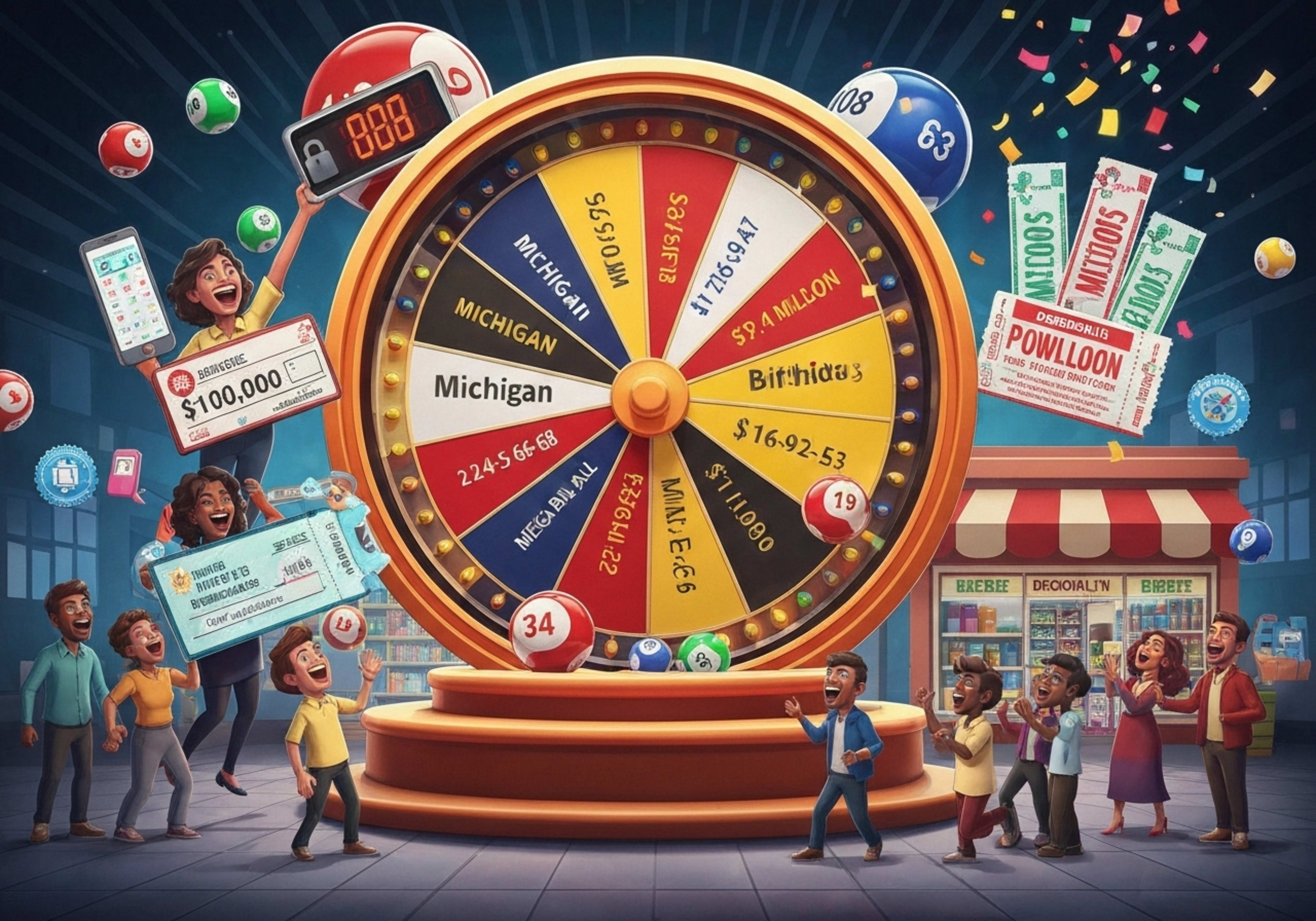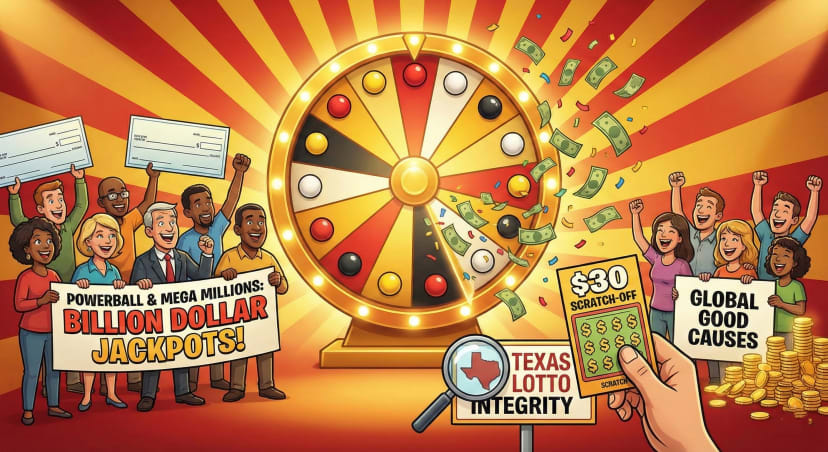Mega Millions Nears $800 Million Milestone

Recommended casinos
Key Takeaways
- Mega Millions jackpot surges past $700 million, underscoring sustained player interest in high-stakes draw games amid digital sales growth.
- North American lotteries spotlight retailer anomalies and AI-assisted wins, prompting enhanced monitoring for fairness and innovation.
- Global operators navigate courier regulations and contract disputes, reinforcing integrity in expanding online ecosystems.
Mega Millions Jackpot Climbs to $800 Million
Mega Millions reached an estimated $800 million annuity for the November 4 drawing after no ticket matched all six numbers on October 31. The cash option stands at $371.7 million, fueled by 15 consecutive rollovers since the last win on June 27 in Virginia. Friday's numbers—2-24-52-66-68, Mega Ball 9—produced no top prize but yielded secondary awards, including multimillion-dollar matches in multiple states.
This escalation highlights draw games' resilience, with sales up 12% year-over-year per Multi-State Lottery Association data. As online channels now handle 28% of U.S. transactions, operators like FDJ in Europe report similar trends, where digital play drives 35% of Euro Millions revenue. For regulators, prolonged rollovers amplify responsible gaming protocols, ensuring funds—exceeding $30 billion annually for U.S. good causes—flow uninterrupted while countering addiction risks through spend limits and self-exclusion tools.
Source: Mega Millions Consortium
New York Retailer Sells Three $1 Million Powerball Tickets
A single Brooklyn convenience store sold three Powerball tickets each worth $1 million for the October 26 drawing, matching five white balls but missing the Powerball. The New York Lottery confirmed the rare event on October 27, noting it as "infrequent" yet compliant, with no evidence of bulk buying or irregularities. The retailer earns a $10,000 bonus per ticket, boosting local commissions.
This anomaly reinforces the need for granular sales tracking as lotteries digitize. With U.S. retailers processing 70% of tickets, such clusters trigger automated audits under MUSL guidelines, mirroring Europe's GLMS monitoring for unusual patterns. It matters amid courier debates, where unregulated high-volume purchases erode trust; New York's review of courier practices, informed by Texas controversies, aims to preserve equity in a $100 billion market.
Source: New York Lottery via Lottery Post
Michigan Player Nets $100,000 Using Chat GPT Numbers
A Michigan woman won $100,000 in Powerball on October 26 after inputting preferences into Chat GPT, which generated numbers 7-16-19-32-53, Powerball 19. She added Power Play for a $50,000 base prize doubled to $100,000. The Lottery highlighted the win on October 29, emphasizing AI's role in casual play without endorsing tools.
The case exemplifies emerging tech integration, with 18% of players now using apps or generators per WLA surveys. It raises integrity questions—ensuring random draws remain uncompromised—while boosting engagement among Gen Z, whose participation rose 22% via mobile. Globally, operators like Australia's The Lott explore AI for personalization, balancing innovation with ISO 27001-compliant security to prevent data misuse.
Source: Michigan Lottery via Lottery Post
Connecticut Birthday Winner Claims $1 Million Powerball Prize
A Connecticut man received a $1 million Powerball ticket as a birthday gift, matching five numbers in the October 29 drawing. Presented on October 30, the prize—his second major win after $100,000 in Cash5—underscores secondary tiers' appeal. He opted for cash, netting $700,000 pre-tax.
Such stories sustain mid-rollover momentum, where non-jackpot wins retain 40% of players. Connecticut's Lottery, contributing $400 million yearly to state funds, uses these narratives in campaigns promoting responsible play. Regionally, it aligns with Latin America's Codere advancements in prize personalization, enhancing retention in markets shifting to hybrid models.
Source: Connecticut Lottery via USA Mega
Powerball Resets to $419 Million Post-Rollover
Powerball rolled to $419 million for November 3 after no winner on November 1, with numbers yielding $1 million matches in California and elsewhere. The cash value: $198 million. This follows the $1.787 billion September split, illustrating jackpot cycles' fiscal impact.
As MUSL refines matrixes for balanced growth, global parallels emerge in Asia's Toto reforms curbing illicit play. For stakeholders, it validates annuity options, with 60% of winners choosing structured payouts to support long-term public funding.








